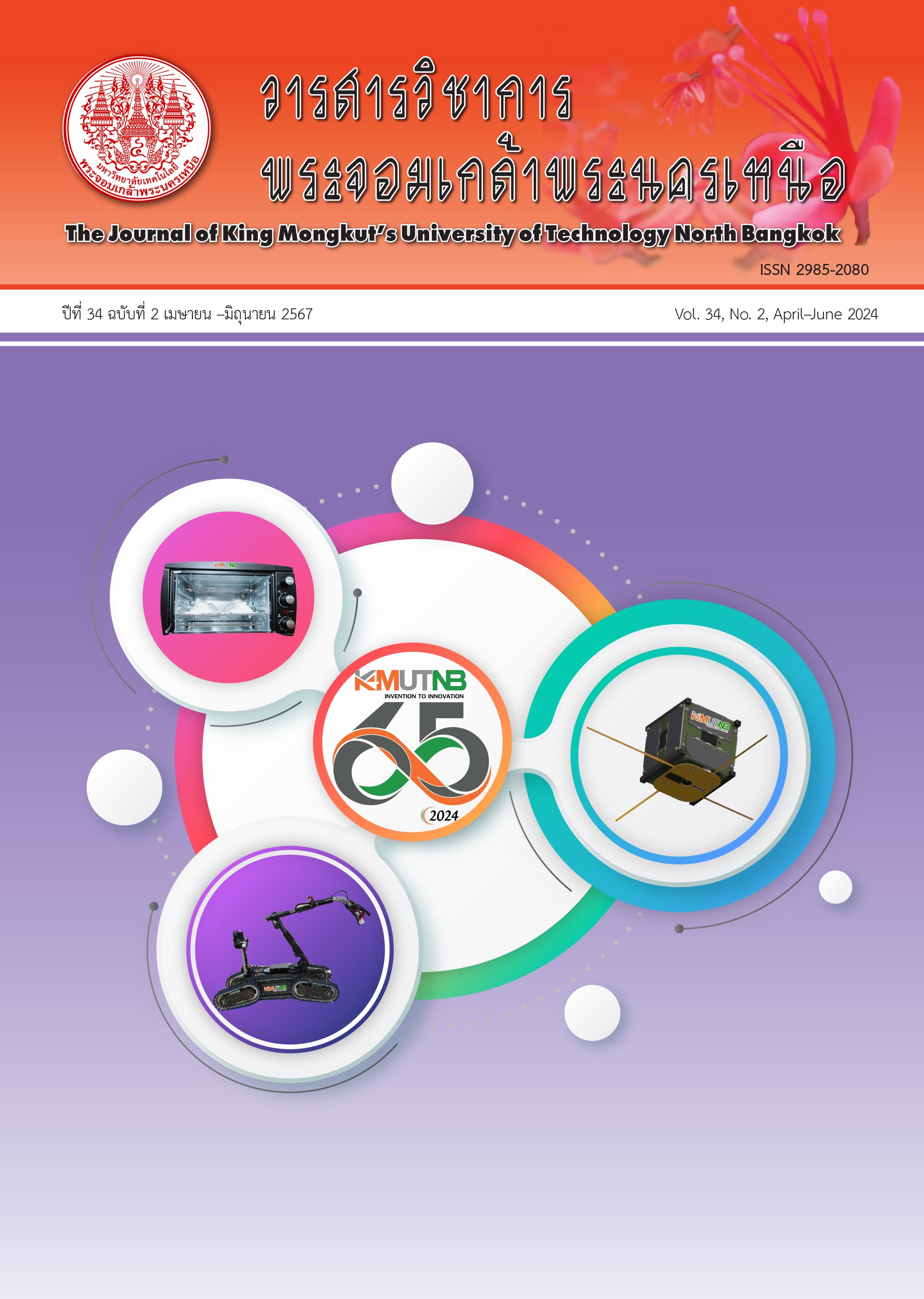Competency Development Model for Cost Engineer in the Construction Industry
Main Article Content
Abstract
The purposes of this research were 1) to study the elements that indicate competency of cost engineers in the construction industry 2) to create a competency development model for cost engineers in the construction industry and 3) to create a guideline for the competency development manual of cost engineers in the construction industry. This research was mixed method of quantitative and qualitative research which used Delphi technique and had 2 groups of information providers 1) research which used Delphi technique answering and in-depth interview experts, consisting of 21 purposively sampled experts in academics, construction project managers, cost engineering executives and human resource executives from the construction business, real estate development business and construction, construction products, and organization development consulting business 2) the group of 13 purposively sampled experts in focus group discussion, consisting of academics, construction project managers, cost engineering executives and human resource and organization development executives. The tools used in the research consist of interview form and questionnaire. The statistical methods used to analyze quantitative data were median and interquartile range. The qualitative data was analyzed using content analysis. The results show that 1) The competency development model for cost engineer in the construction industry consists of 3 core competency elements, 12 sub- competencies as follows 1) knowledge core competency elements, namely business knowledge, construction business knowledge and knowledge in construction business laws and related laws 2) skills core competency elements, namely expertise in cost estimation, construction project cost and profit management, ability to use modern information technology, creative communication and team Leadership, construction project management, and 3) attribute core competency elements, namely business ethics, curiosity and sharing and commitment to succeed. 2) The guideline for competency development for cost engineer in the construction industry is deemed appropriate, consistent with the content and can be put to practical use. The guideline has been approved by the experts with a unanimous resolution of 100 percent.
Article Details

This work is licensed under a Creative Commons Attribution-NonCommercial-NoDerivatives 4.0 International License.
The articles published are the opinion of the author only. The author is responsible for any legal consequences. That may arise from that article.
References
T. Sridaranont, “A study of the situation and impact of construction technology in the Thai construction industry,” M.S. Thesis, Department of Industrial Engineering and Management, Faculty of Engineering and Industrial Technology, Silpakorn University, 2019 (in Thai).
K. Techakanont, “Thai construction industry to international..big and small must go together,” Prachachat Business newspaper, Bangkok, Thailand, 2009 (in Thai)
Kasikorn Research Center. (2021). Drilling the direction of Thai construction 64. Kasikorn Bank. Bangkok, Thailand. [Online] (in Thai). Available: https://www.kasikornbank.com/th/business/ sme/KSMEKnowledge/article/KSMEAnalysis/ Pages/krconstrution.aspx
Krungsri Research Center. (2021). Business/ Industry Outlook 2019–2021: Construction business / industry trends in 2019-21. Krungsri Bank. Bangkok, Thailand. [Online] (in Thai). Available: https://www.krungsri.com/th/ research/industry/industry-outlook/Construction- Construction-Materials/ Construction-Contractors/ IO/io-Construction -Contractors-21
Australian Institute of Quantity Surveyors. Competency Standards for Quantity Surveyors Construction Economist and Cost Engineers, The Australian Institute of Quantity Surveyors. ABN 97 008 485 809, 2012.
Standard of Elemental Construction Cost Code for Building, Engineering Institute of Thailand, 2012 (in Thai).
T. Pichayathdapong, “Strategies for using the competency system in human resource management to drive the organization towards excellence over competitors,” Damrong Rajanuphap Journal, vol. 6, no. 20, pp. 16–63, 2006 (in Thai).
D. C. McClelland, “Testing for competence rather than for intelligence,” American Psychologist, vol. 28, pp. 1–14, 1973.
Royal Institution of Chartered Surveyors, “The APC requirements and competencies,” Royal Institution of Chartered Surveyors, London, 1998.
S. N. A. M. Noor, S. U. M. Tobi, and K. R. Salim, “Competencies of quantity surveyors in construction industry: Document reviews from different quantity surveyor professional bodies,” presented at the IOP Conference Series Materials Science and Engineering, 2020.
Y. Panitanwong, T. Boonyasopon, S. Wisuttipaet, and T. Roopsing, “The development model of the management’s potential in construction service industry for Thailand 4.0,” The Journal of KMUTNB, vol. 30, no. 2, pp. 351–360, 2020 (in Thai).

